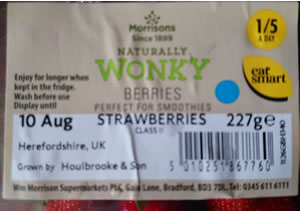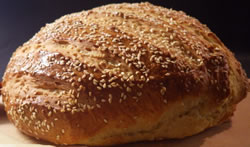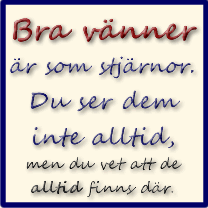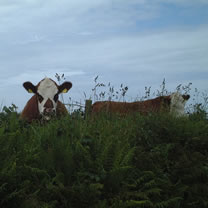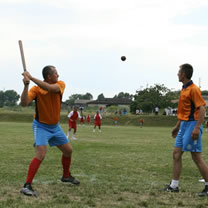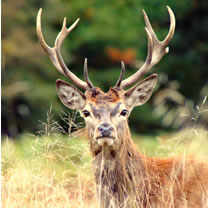
In North America a moose is a large member of the deer family, also known by its Latin name alces alces. The word moose comes from Algonquian languages, such as the Naragansett moos or the Eastern Abenaki mos. These words are thought to come from moosu (“it strips”), from the Proto-Alonquian mo.swa.
The same animal is known as an elk in British English, and is called something similar in quite a few other European languages: elc in Welsh, Elch in German, elg in Icelandic, Danish and Norwegian, älg in Swedish, alce in Italian, Portuguese and Spanish, and alnis in Latvian [source].

The word elk refers to a different species of deer in North America, however, which is also known as the wapiti or cervus canadensis in Latin [source]. The name wapiti comes from the Cree or Shawnee waapiti (elk; white rump) [source].
In French a moose or elk is élan [eɪˈlɑːn], wapiti [wa.pi.ti] or orignal [ɔ.ʁi.ɲal]. Élan probably comes from Lativan [source]. Orignal refers to the Canadian moose and comes from the Basque word oreinak, plural of orein (deer) [source].
Moose is also a way to write mouse in Scots – it’s pronouned [mus], and features in the famous saying “there’s a moose loose aboot this hoose”, which comes from the song Hoots Mon by Harry Robinson [source].
So a moose is a moose, except when it’s an elk or a mouse.
Here’s a tune I wrote called The Loose Moose / Yr Elc Rhydd:
Photos by Faris Algosaibi and Andrew E. Russell. Found on Flickr.
